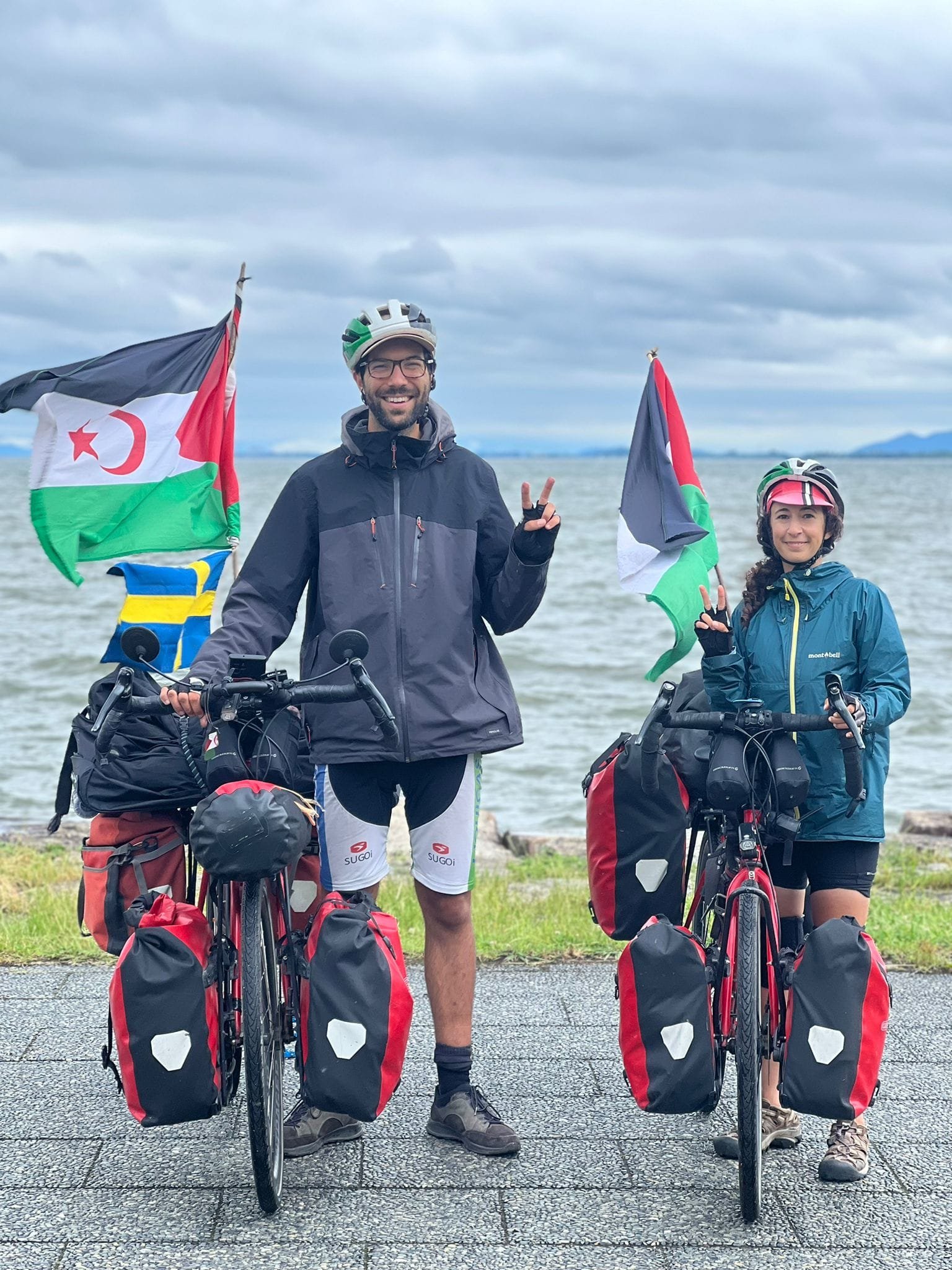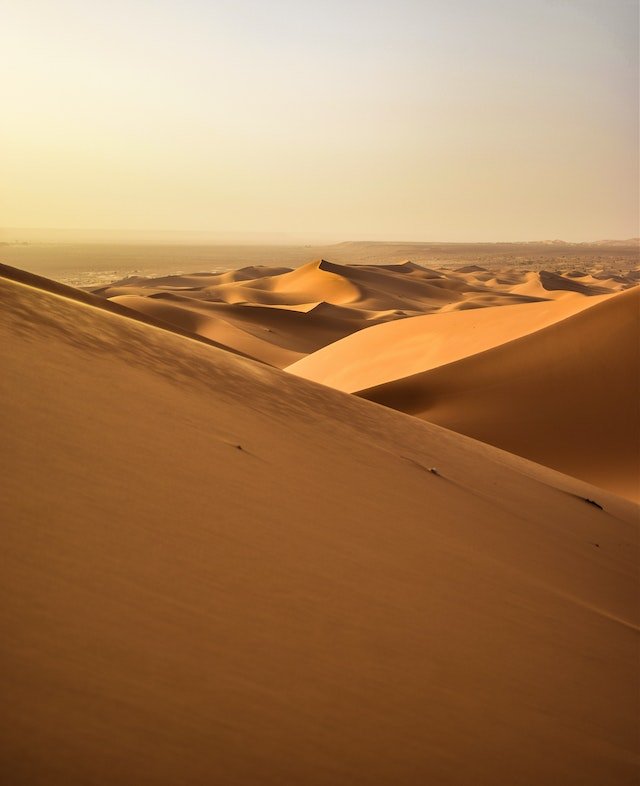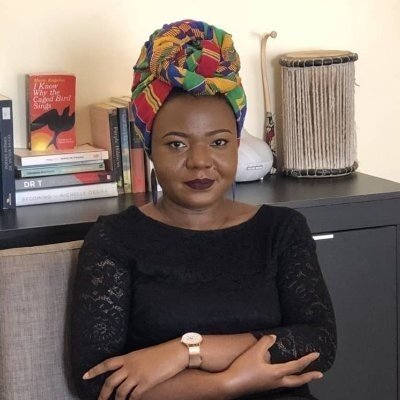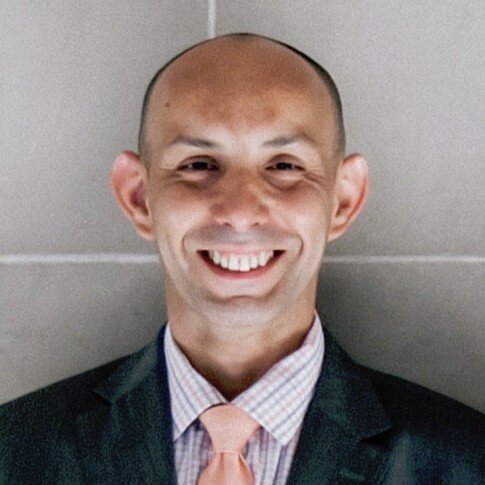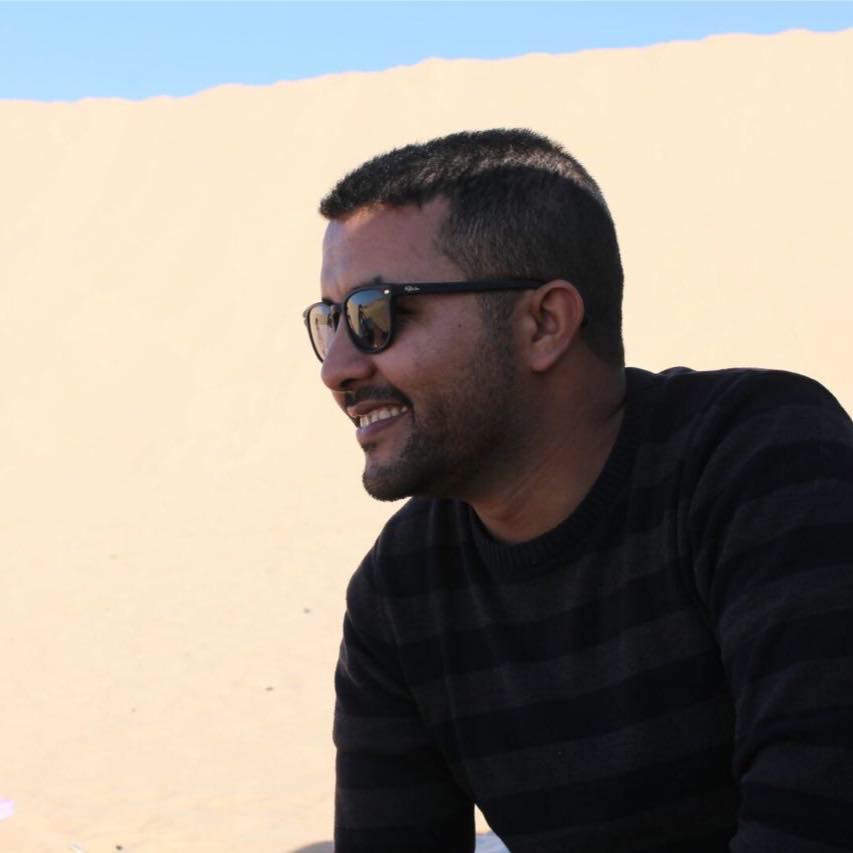In 1975 Spain formally ended its colonization of "Spanish Sahara", but instead of ceding control to the indigenous Sahrawi population Spain instead handed the keys to its former colony to the Moroccan regime. For nearly 50 years the Sahrawi people of illegally occupied Western Sahara have been subjected to a brutal regime of settler colonialism, ethnic cleansing, resource-theft, and the violent suppression of all dissent including the systematic use of rape and torture by the Moroccan authorities.
Meanwhile, more than 170,000 Sahrawi refugees have been left to languish in refugee camps in the harsh desert of Western Algeria, separated from Western Sahara by the second longest wall in the world, with 75% of their food aid having been cut in the past year by the World Food Program. All of this while the world largely turns away, content to purchase cheap phosphates and fish that have been pillaged from Sahrawi territory by Morocco. Using its veto in the UN, France has rendered MINURSO effectively useless, making it the only UN peacekeeping force in the world without a mandate to report on human rights. More recently the US, Spain, and Israel have chosen to break with decades of international consensus and to legitimize Morocco's illegal occupation.
For a quick speed-history lesson of the Sahrawi struggle, be sure to listen to the short podcast that immediately precedes this episode: "Africa's Last Colony".
Also be sure to check out our plans to complete a series of field reports and documentary projects from the Sahrawi Camps in Western Algeria at: Last African Colony
Swedish activists Sanna Ghotbi and Benjamin Ladraa combine to make Solidarity Rising, an organization that aims to create deeper and more prolific connections between occupied peoples and solidarity movements around the world. Having left Sweden on their bicycles on May 15th, 2022, Bike4WesternSahara is their current initiative to break the media blockade on Western Sahara. Stopping to work with communities along the way, they aim to educate the public about the oppression of the Sahrawi people and to mobilize public opinion in support of justice for the Sahrawi people and an end to the Moroccan occupation. Support them on their Patreon page and follow them on Facebook!
SPECIAL : Africa's Last Colony - Understanding Western Sahara
Where is Western Sahara? What is Western Sahara? Is it a country? Who lives there? If you find yourself unable to answer any of these questions, or if you want a resource that will help you to quickly explain the history and the current political realities around Africa's last colony to your friends and to your community, this short episode was created for you.
Latitude Adjustment Podcast is also working on plans to complete a multimedia documentary series, working on the ground with Sahrawi refugees in Western Algeria, and in collaboration two former guests of the show. You can find more information on that developing project on our website, at LastAfricanColony.com
Be sure to check the episode following this one for our interview with Solidarity Rising, a Swedish couple currently riding their bicycles around the world to raise awareness about the independence struggle of the Sahrawi people.
73: Africa, Race, and Racism in the Aid Community (2 of 2)
This episode is the second of a two-part conversation with Tity Agbahey. Tity is an attorney and a staffer at Amnesty International. Based in Senegal, her current work focuses on central Africa, though her previous work has focused elsewhere on the continent, and her life and travels have taken her to points beyond.
This pair of episodes should appeal to two types of listeners, those who know what it feels like to be the only one who looks like you in your university class, in your staff meetings, or on a discussion panel at a conference, and those who don’t but who want to understand.
This is also a conversation about colonialism, paternalism, and racism in one of the last places you should expect to find it, in the international aid and development sector. It’s also a conversation about the world’s general ambivalence towards African suffering, the benefits and limitations of African to African-American solidarity, privilege within an African cultural context, racism in France, internalized colonialism, an African perspective on racism in the US, and everything else we could think to get off of our chests during a very open conversation.
72: Africa, Race, and Racism in the Aid Community (1 of 2)
This episode is the first of a two-part conversation with Tity Agbahey. Tity is an attorney and a staffer at Amnesty International. Based in Senegal, her current work focuses on central Africa, though her previous work has focused elsewhere on the continent, and her life and travels have taken her to points beyond.
This pair of episodes should appeal to two types of listeners, those who know what it feels like to be the only one who looks like you in your university class, in your staff meetings, or on a discussion panel at a conference, and those who don’t but who want to understand.
This is also a conversation about colonialism, paternalism, and racism in one of the last places you should expect to find it, in the international aid and development sector. It’s also a conversation about the world’s general ambivalence towards African suffering, the benefits and limitations of African to African-American solidarity, privilege within an African cultural context, racism in France, internalized colonialism, an African perspective on racism in the US, and everything else we could think to get off of our chests during a very open conversation.
Also it is in no way our intention to suggest that the opinions and points put forth in this episode represent the full depth and breadth of views held by 1.3 billion Africans. This is not the first, and it will certainly not be the last conversation about Africa and its 54 nations on this show, and we sincerely hope that you will check out our back catalogue and listen to previous episodes on related topics, from contemporary politics and economics in Zimbabwe, social entrepreneurship in the DRC, the Fulani people, and the role of women in Sudan’s ongoing revolution, to name just a few.
Episode 56: The Protests - Algeria One Year Later
While it might seem like an obscure topic due to scant coverage in the Western press, a quick review of the facts makes it clear that we ignore Algeria at our peril. First of all, it’s Africa’s biggest country by land mass, and home to a population larger than Canada’s. It’s also home to Africa’s largest company, state owned oil giant Sonatrach, a major exporter of fuel to Western Europe. We dive deeper into the nuances and into the layered intrigues that define Algeria’s history, and what’s been happening since popular protests removed longtime ruler Abdelaziz Bouteflika from power almost exactly one year ago.
We speak with Mehdi Kaci, an Algerian American activist living in the San Francisco Bay Area. Mehdi recently returned to Algeria to see how things have unfolded since the ouster of Bouteflika.
Episode 26: Western Sahara
Western Sahara is one of the world's forgotten occupations.
In 1975 Spain ended its nearly century-long colonization of Spanish Sahara, leaving the territory to be overtaken by Moroccan and Mauritanian forces. Under the leadership of the POLISARIO Front the Sahrawis continued their guerilla war for self determination. In 1979 Mauritania withdrew and Morocco moved in to claim the rest of the territory now known as Western Sahara. The war continued until 1991, until a UN-brokered ceasefire with the promise of a referendum on independence for Western Sahara that never came. Morocco continues to occupy Western Sahara, transferring its citizens to the territory and extracting its resources under the protection of France’s protective veto in the UN. Meanwhile the Sahrawi community either lives under a brutally oppressive police state in occupied Western Sahara, or on the other side of the wall, a 2,700 kilometer barrier that Morocco constructed, which forms the de-facto border, splits Western Sahara in half, annexes most of the economically valuable land, and which forms the second longest wall on earth.
Mahfud Mohamed Lamin is one of approximately 170,000 Sahrawi refugees who are stuck on the other side of that wall in the harsh desert of Western Algeria. He was was born in 1991, the very same year that saw an end to the 16-year war between the the Sahrawis and the Moroccan government. But the following 28 years have not seen an end to the conflict, or the referendum that was promised to his people.
Latitude Adjustment is 100% listener supported. If you agree that we need more independent media that prioritizes curiosity and connections over fear and divisions then please support us with a monthly donation through our Patreon page. Thanks!

